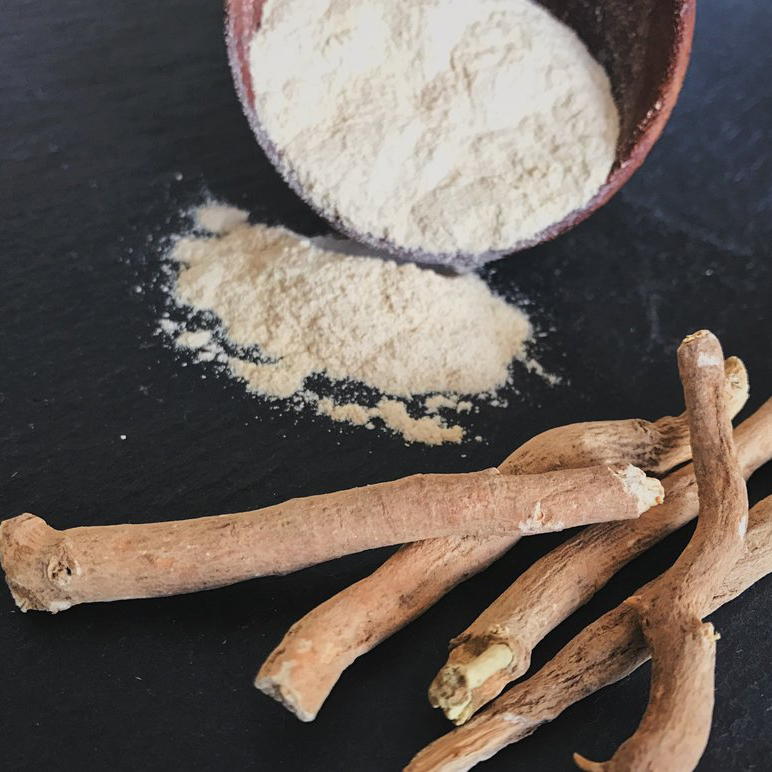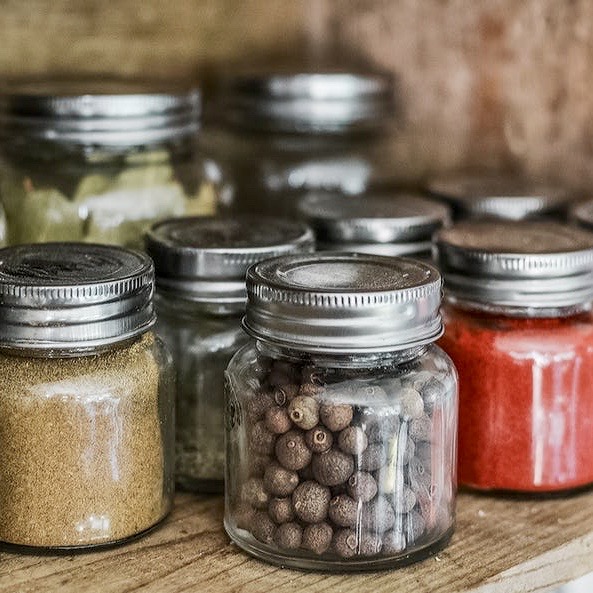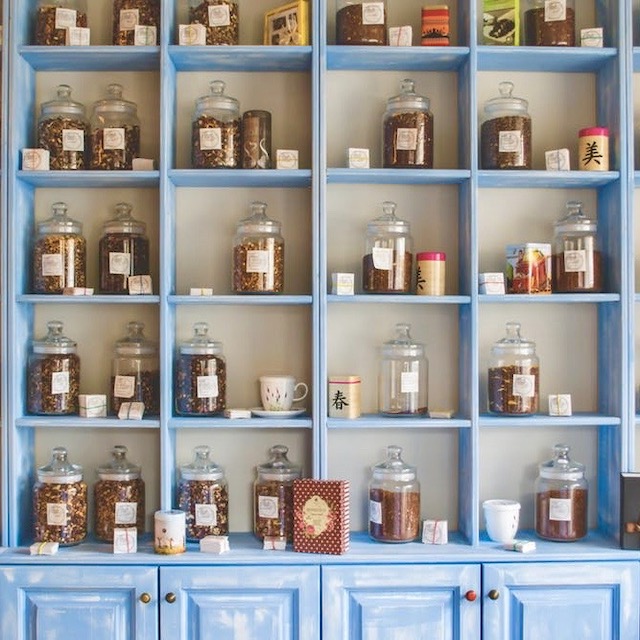Essential oils are pure, liquid extracts that are steam-released or pressed from plants, including the flowers, leaves, bark, roots, resin and peels. They are 100% plant derived with no additional processing, preservatives or additives. They have been used for thousands of years for medicinal and health purposes due to their antidepressant, stimulating, detoxifying, antibacterial, antiviral and calming properties.
Essential Oils Can Help Your....
Body: hair, skin and oral care
General health: allergies, digestion, sleep, joints and muscles
Home: all-purpose cleaner, scent killer
Diet: healthy foods and healing remedies
Ways to Use Essential Oils:
Aromatically: Diffuse or inhale deeply to calm your mind, open airways, promote restful sleep or boost your mood.
Topically: Apply directly to skin to soothe tired muscles and sore joints or calm skin irritations. (see dilution notes below.)
Dietary: Some essential oils can be added to food or water to ease digestive upset and other GI issues.
Favorite Uses Include….
Lavender and Cederwood for a good night’s sleep (diffuse or apply to feet or inside of wrists).
Vetiver and Frankincense to calm and relax (diffuse or apply to inside or wrists and inhale).
Lemon, Orange, Lavender to freshen the air (diffuse).
Sweet Orange, Grapefruit, Spearmint to boost your mood (diffuse or inhale).
Peppermint, eucalyptus to open your airways when sick (diffuse or apply to chest).
Oregano and Melaleuca to support immune function, cleanse surfaces, promote healing (diffuse or add in diet).
Ginger, Peppermint, Cinnamon, Fennel to soothe upset stomach, reduce motion sickness and support digestion (diffuse, add to food or apply to belly).
*Essential oils are super concentrated so a little goes a long way. For an adult, 1-3 drops is ideal for oral consumption while 3-5 drops is usually suggested for dermal use, depending on the surface area. Always consult the back of the bottle and ask your doctor for any contraindications.


